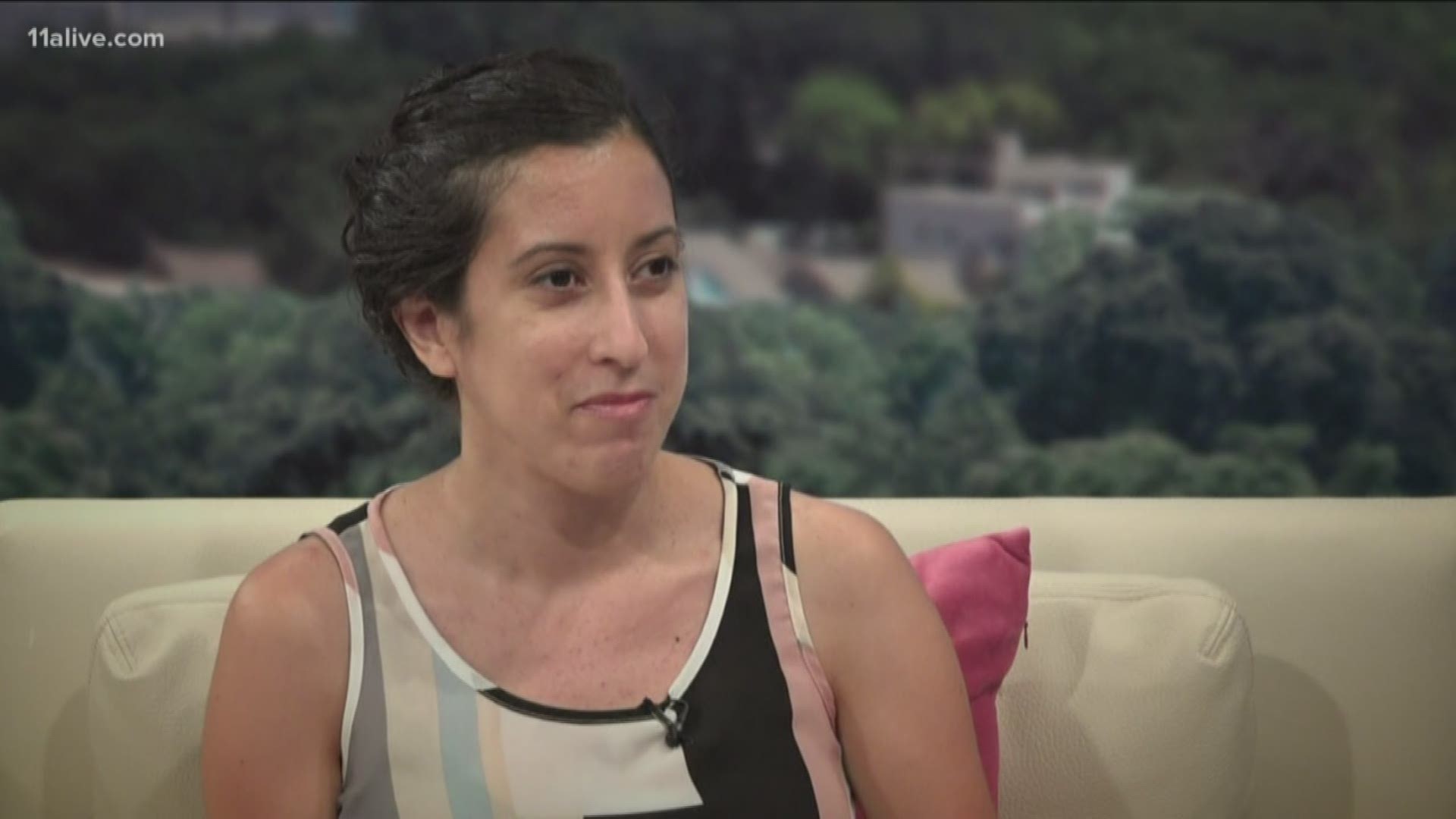ATLANTA — More than 113,000 people are hoping for a life-saving organ transplant, and every day 22 of them die while waiting, but doctors are researching something that could help.
In March, 11Alive told you about the first HIV-to-HIV kidney transplant in the United States, and it was an Atlanta woman, Nina Martinez, who offered that gift of life.
Thirty-five years ago, when she was born, Martinez had no idea that her life would have the impact it has.
"I was diagnosed when I was eight years old," she recalled.
In 1991, she learned a blood transfusion led her to contract HIV.
It was the same year Magic Johnson announced his diagnosis and retirement from the NBA, and that was the only thing Martinez knew about her new condition.
"I didn't know at the time that HIV was something that I was supposed to be ashamed of," she said.
That attitude has remained with her as she now works as an advocate to end the stigma of having HIV.
It's also part of what made her want to be a donor when she learned a friend, also living with HIV, needed a kidney. Sadly, that friend passed away, but Martinez was still determined to help someone else
"I wanted to do this transplant to show I had to be really healthy in order to donate an organ, just like somebody not living with HIV having to be healthy to to donate an organ," said Martinez. "That is where we are, because of all of the medication and research that has gone into HIV."
Over the last four years she's undergone tests with Johns Hopkins to prove she and her kidney are healthy enough to donate.
The transplant just became legal in recent years with the passage of the HOPE Act in 2013. The HIV Organ Policy Equality Act, reversed regulations from 1988 to allow the study of organ donation between people with HIV. The donations had previously been illegal.
"Having access to organs like mine, and those from other donors, allows people living with HIV to get transplanted quicker," said Martinez. "And what's so great about that is, that when you take someone living with HIV off the wait list, everybody on the wait list moves up, whether they are HIV positive or not."
In 2016, doctors performed the first U.S. HIV-to-HIV transplant from a deceased donor, and now in 2019, they've taken the next step with Martinez.
The person who received Martinez's kidney wants to remain anonymous, even from her - and she's just fine with that. She says her gift was given freely.
She now has several years of observation ahead of her, but hopes researchers are able to build on this and take it even further in the future.
"You know at the end of it you get to save a life," she said. "How often do you get that kind of opportunity?"
MORE NEWS

